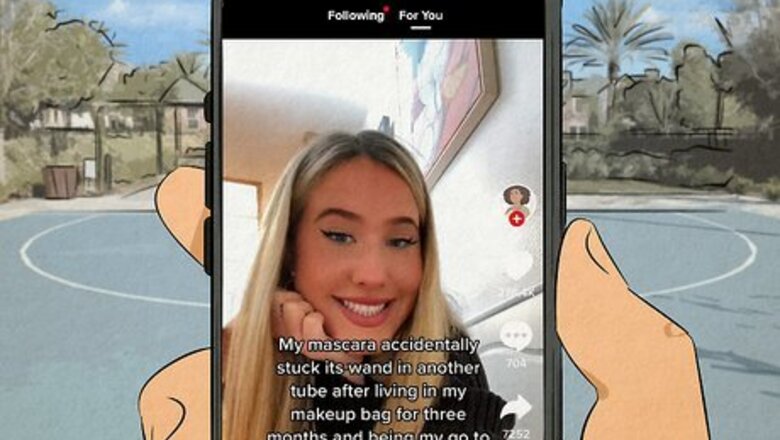
views
- “Mascara” is a code word that references sex, relationships, or assault without violating TikTok’s content moderation guidelines.
- The #mascaratrend is an example of internet-based language called “algospeak” that tries to work around language censorship on social media platforms.
- The “mascara” trend allows young people to talk openly about sex but has also been criticized for downplaying serious topics like sexual assault.
What does “Mascara” mean on TikTok?
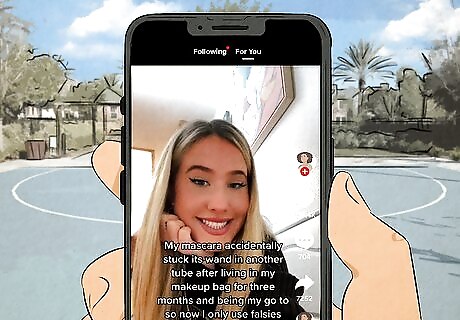
“Mascara” is a code word to talk about sex, relationships, and assault. “Mascara” started as a way for users to get around TikTok’s censoring algorithm and talk about their past and present romantic relationships with men. However, some users have joined in on the trend to talk about their experiences with sexual assault. More often than not, TikTok creators use this coded language to talk about relationships and sex in a funny, tongue-in-cheek way. For example, this TikTok creator jokes, “My mascara accidentally stuck its wand in another tube after living in my makeup bag for three months.” Another admits that “i used a lot of mascaras until i realized i just didn’t like mascara (this isn’t about mascara)” However, this TikTok talks about sexual assault: “When I was 20 & pregnant, I was forced to wear mascara for three hours straight. Now I get vivid flashbacks when I see similar brands.”
Why People Use Code Words on TikTok
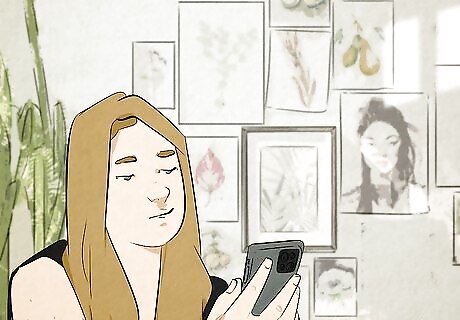
TikTok’s moderation systems can age-restrict or ban videos by mistake. While much of TikTok’s content is removed due to violence or nudity, language tends to be a gray area. TikTok’s guidelines don’t list which words are prohibited, but some creators have learned through trial and error which words trigger the system. TikTok doesn’t allow allusions to sexual activity by young people and allusions to sexual activity by adults is age-restricted by the algorithm. TikTok’s algorithm might mistake words as violating guidelines if they’re often used in posts that spread misinformation or if they’re placed too closely together (like “soldier” and “killed”). After Roe v. Wade was overturned, users talked about getting an abortion as “camping” or “knitting” so the moderation system wouldn’t mistake their videos as spreading misinformation.
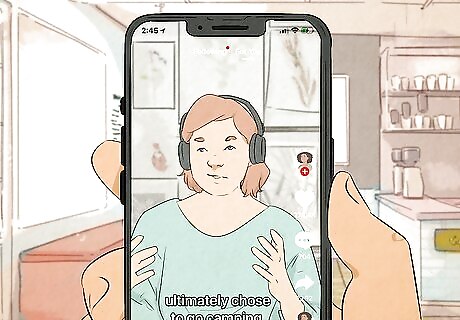
Using code words to avoid content moderation filters isn’t new. Since social media began using AI to detect sensitive or harmful content, code words (sometimes called “algospeak,” short for algorithm-speak) have been used by creators to bypass content censorship that can get their posts removed or down-ranked. Slang code words for sex (like the 4 bases in dating) have been used for years and are often a way for young people to discuss sex in an accessible, inclusive way. This specific form of internet-driven language became popular during the COVID-19 pandemic. Other code words include corn (porn), camping (abortion), le$bean or le dollar bean (lesbian), lip gloss (women), ouid (marijuana), S.A. (sexual assault), seggs (sex), and unalive (kill).

The “Mascara” trend is part of an ongoing conversation about censorship. In the past, TikTok and other algorithm-based platforms have been criticized for being unnecessarily harsh toward content about gender, sexuality, and race. For some users, words like “mascara” represent a larger issue—a need for better moderation on social media platforms. Some creators have also criticized the TikTok moderation filters for disproportionately affecting the LGBTQ+ community and people of color. Some also argue that heavy censorship can generate false or misguided information because accurate terms (like “penis” or “vagina”) are banned from content moderation systems.
Benefits & Drawbacks of Using “Mascara” and Other Algospeak Words
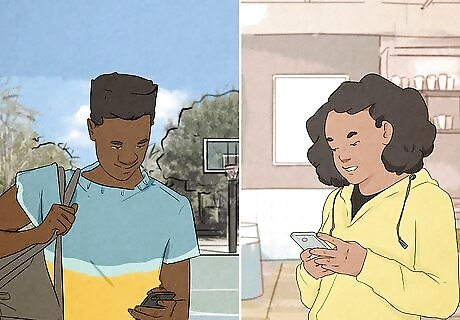
Some argue that “mascara” allows young people to talk openly about sex. Talking about sexuality can help people better understand their bodies, generate dialogue about sexual wellness, and destigmatize human sexuality. Some people argue that these code words allow young people to discuss sex freely using language that’s specific to them. While codes allow young people to talk about genitals or other “taboo” body parts freely, others worry that using these codes instead can make those taboos worse.
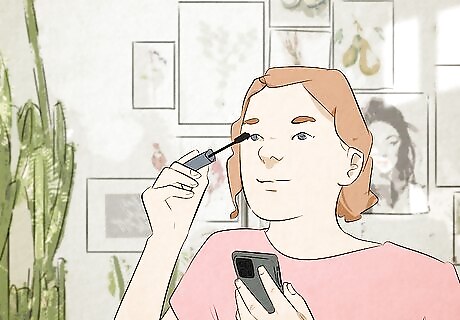
Others worry that codes downplay the significance of sexual assault. When the word “mascara” is used to talk about sexual assault, some are concerned that the jokiness of the trend and the vagueness of the code can minimize the seriousness of sexual assault. However, some argue that code words like “Mascara” can help sexual assault survivors deal with their emotions and reach out for support.
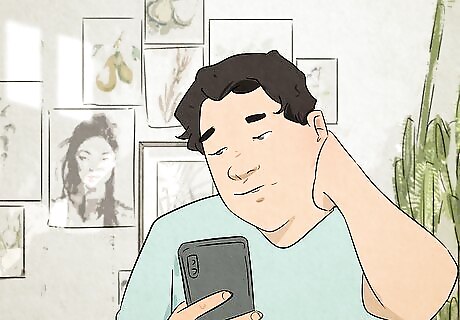
Codes can also confuse people who don’t know what they mean. Actress Julia Fox became an example of this when she made an insensitive comment under TikTok creator @big_whip13’s “mascara” video about sexual assault, assuming that he was using the word “mascara” literally. The original video said, “I gave this one girl mascara one time and it must’ve been so good that she decided her friend should both try it without my consent. Julia Fox, assuming he was talking about makeup products, commented “idk why but I don’t feel bad for u lol.” She later made a public apology for her response.










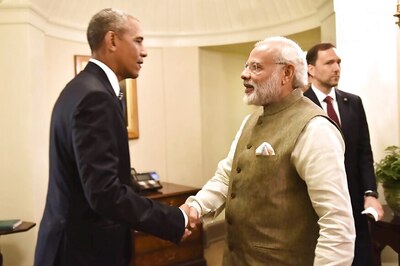

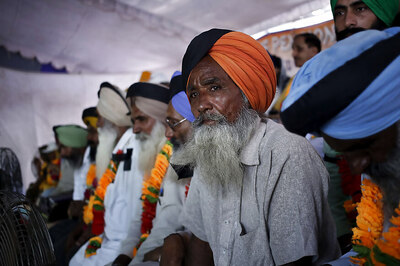






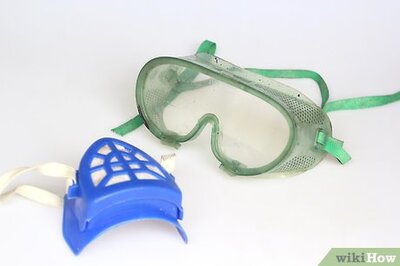
Comments
0 comment